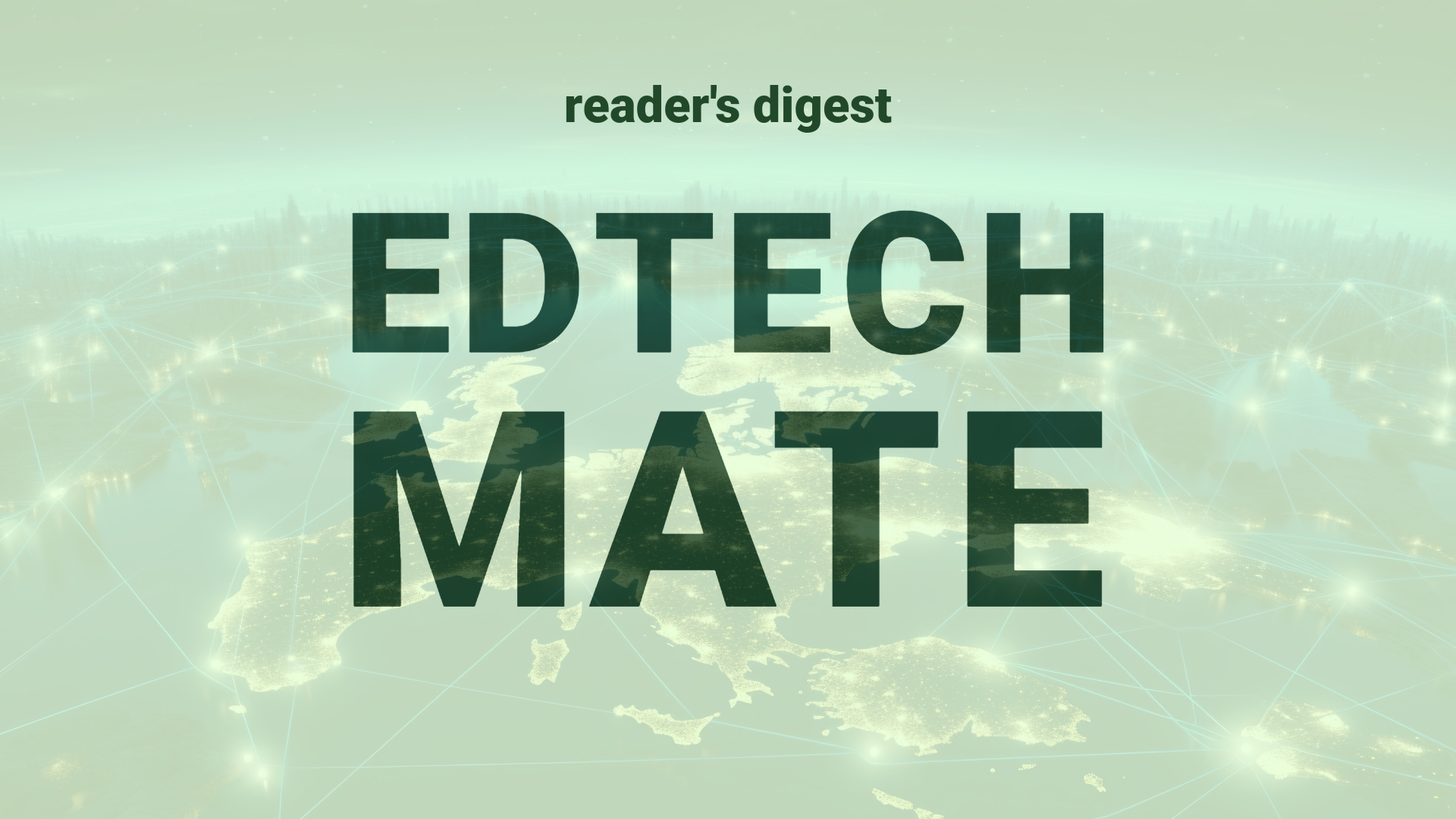Executive Summary and Main Points
In the advancement of workplace communication and leadership dynamics, Elaine Lin Hering sheds light on the systemic pattern of silence in corporate culture in her new book, “Unlearning Silence: How to Speak Your Mind, Unleash Talent, and Live More Fully.” Through this lens, she encourages individuals to reconceptualize notions of confidence and to deconstruct the habitual internalization of silence. Hering advances the argument that cultivating a culture of vocal diversity is essential for innovation and informed decision-making, a theme that holds particular pertinence in the evolution of organizational practices and educational advancements.
Potential Impact in the Education Sector
Hering’s insights have significant implications across the education spectrum. In Further and Higher Education, fostering an inclusive environment where diverse voices are heard and valued could lead to better collaboration and innovation, contributing to dynamic learning atmospheres. The promotion of candid discourse aligns with the global trend towards personalization and adaptive learning in digital pedagogies—an aspect that is increasingly vital as educators adopt more technology-driven instructional models. For Micro-credentials, where learning is bite-sized and agile, integrating these principles into design and delivery could enhance their relevance and application in real-world settings, and might facilitate more strategic partnerships with employers, who value effective communication and collaborative skills in their workforce.
Potential Applicability in the Education Sector
Within the education sector, the concepts presented by Hering could inspire AI-powered tools designed to foster open communication and inclusive participation among students, educators, and stakeholders from diverse backgrounds. Digital platforms can be enhanced to facilitate diverse viewpoints and challenge echo chambers. This could include AI moderation tools that promote equity in discussions, or analytics that identify and encourage participation from typically silent or marginalized groups, thereby democratizing the educational discourse in global classrooms and remote learning environments.
Criticism and Potential Shortfalls
A critical analysis of Hering’s arguments reveals potential limitations in the application of such concepts across different cultural contexts. Global higher education systems vary widely in their practices, and what constitutes meaningful participation may differ regionally. Ethical considerations arise in mandating vocal participation from individuals from cultures where silence is traditionally valued, potentially causing discomfort or unintentional marginalization. Comparative international case studies should be considered to address the nuances of these ethical and cultural implications while implementing Hering’s insights.
Actionable Recommendations
In light of the dialogue opened by Elaine Lin Hering, leaders in international education should consider implementing technologies that support transparency and open communication. For instance, universities could explore AI-enhanced feedback mechanisms that encourage students to voice concerns anonymously, thereby nurturing a culture of openness without fear of retribution. Strategic leadership could also focus on modeling behaviors that valorize diverse contributions during decision-making processes and develop curricula that explicitly teach and reward effective communication and negotiation skills, thereby preparing students for the global workforce where such skills are increasingly valued.
Source article: https://www.mckinsey.com/featured-insights/mckinsey-on-books/author-talks-the-magic-of-unmuting-yourself

